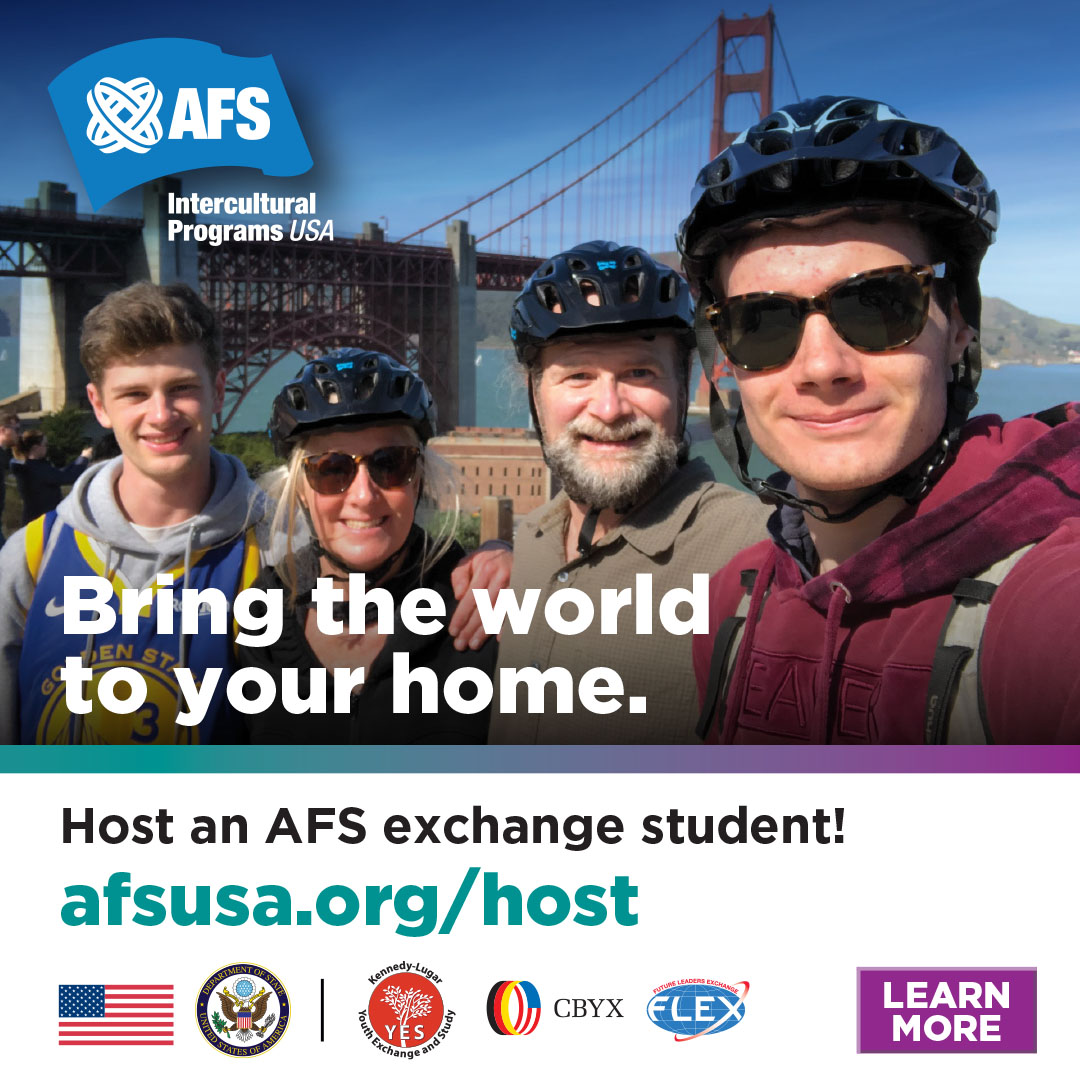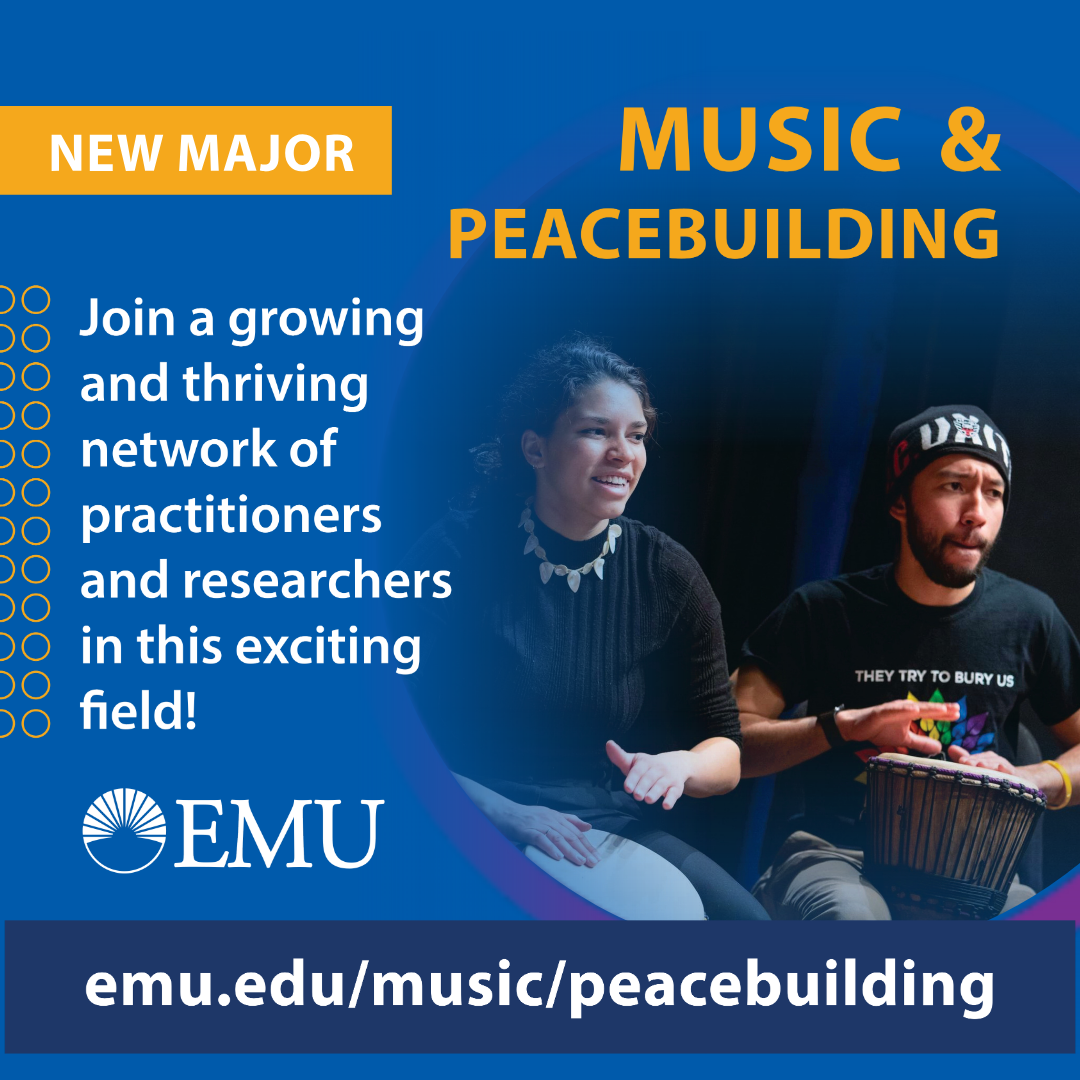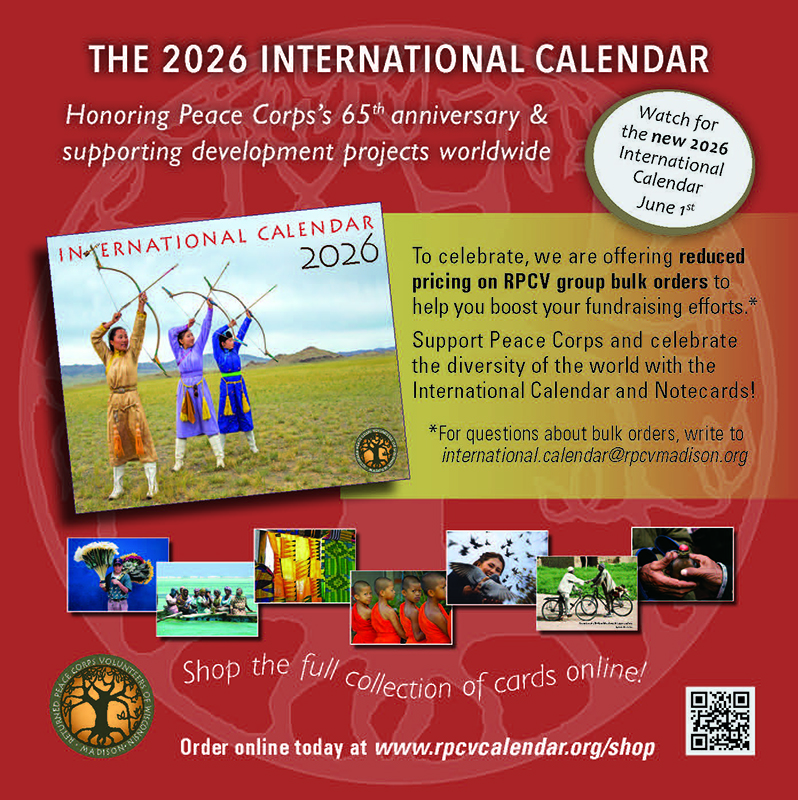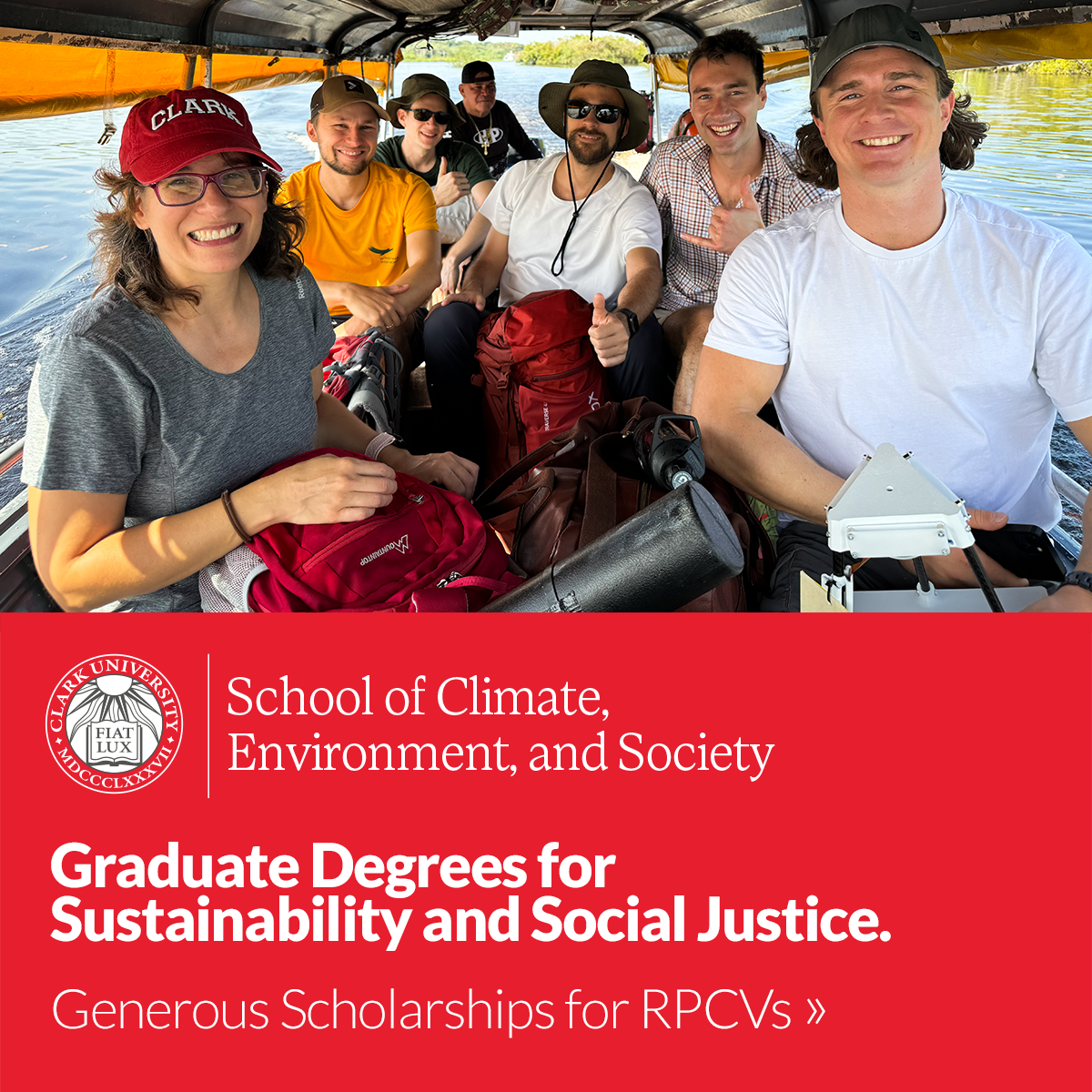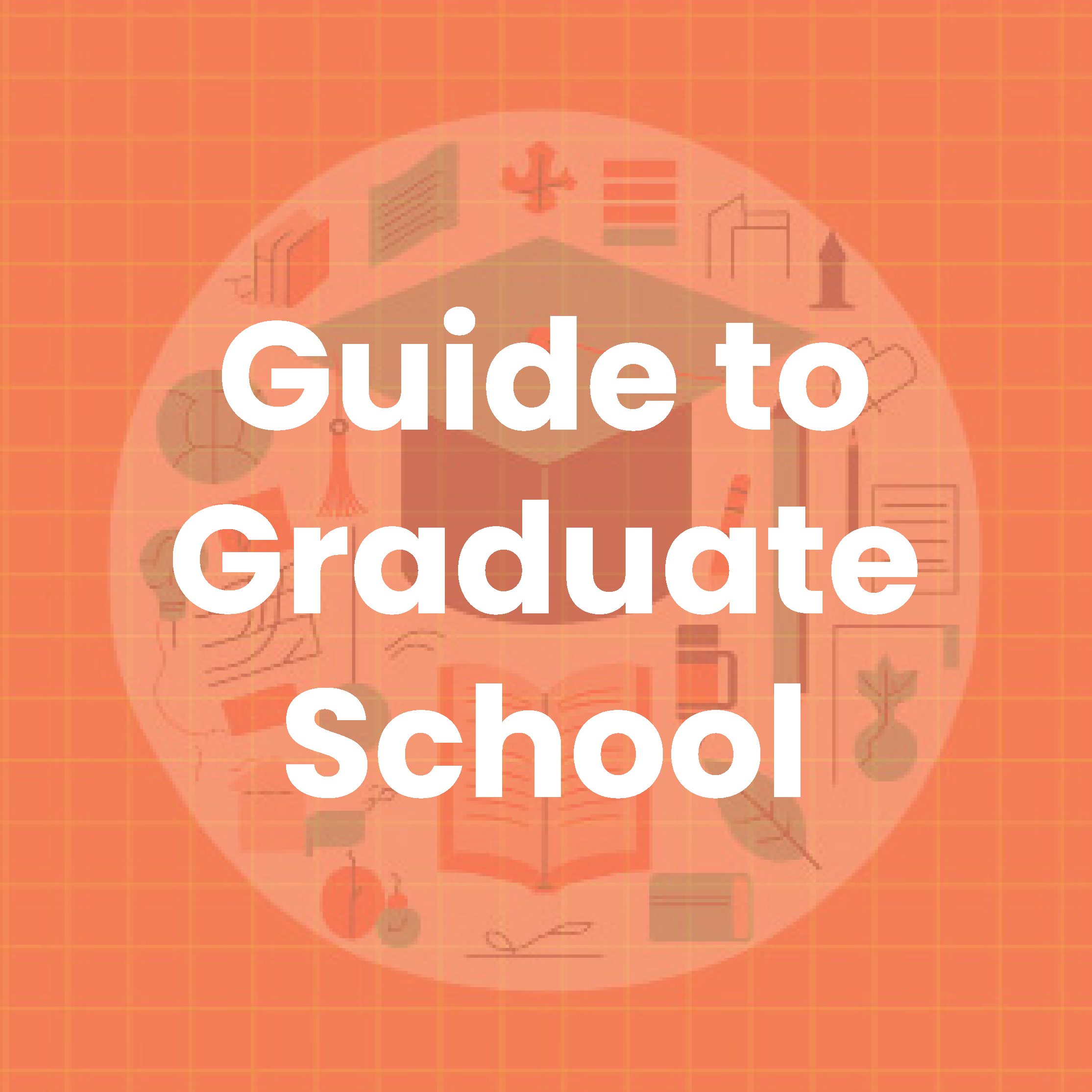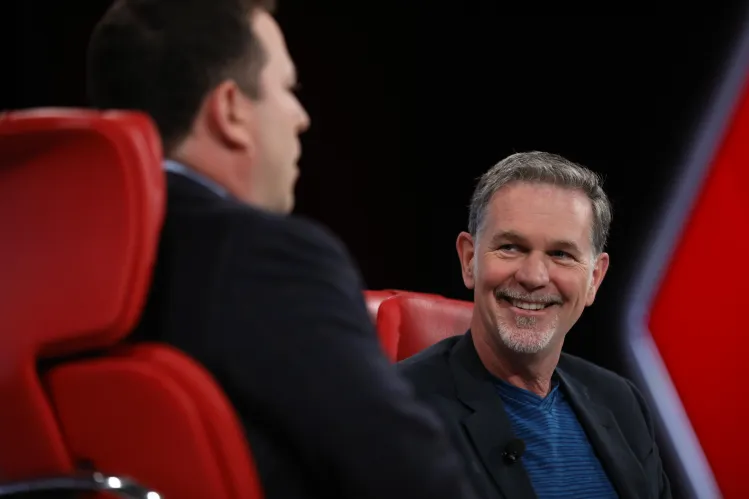
The Domestic Dividend: Part I
How Peace Corps makes America more prosperous
How do you measure the value of transformation? As Peace Corps Volunteers, we give 27 months of our lives in exchange for a lifetime of impact. Ask almost any RPCV if it was worth it and you get a resounding “Yes.” But ask any one of the many people in this country who question how their tax dollars are being spent, and you may get a different answer.
In the summer of 2020, with Donald Trump in office and Peace Corps’ 60th anniversary less than a year away, a task force conceived by Dick Pyle (Jamaica 1966–68) and two RPCV friends was assembled by the National Peace Corps Association to answer an ambitious question: What value has Peace Corps returned on the investment the country has made in the program over the past six decades?
They were asking, in effect, what these nearly 250,000 returned Volunteers who answered President John F. Kennedy’s original call to action have actually done for their country.
It was a question that had never been asked, at least not at any systematic level, and certainly not with the academic rigor needed to credibly assign value to the many intangible ways that those in this community know that service makes an impact.
It took the seven-person “Domestic Dividend” task force more than a hundred meetings over four years to answer the question. So: Was it worth it?
“It was like birthing an elephant,” Pyle said of the process. “But we were all cognizant of the fact that such a study had never occurred, and with the 60th anniversary coming up it was a good time to do this.”
Now, with the second Trump administration slashing and burning its way through service and aid programs like the U.S. Agency for International Development, AmeriCorps, and the Millennium Challenge Corporation, it feels more important than ever to have some ammunition in the fight to protect the agency’s modest budget: $430.5 million in 2024. At the time of this writing in mid-May, the Department of Government Efficiency (DOGE) had requested Peace Corps cut 40% of its staff at headquarters in Washington, D.C., as well as required reductions of 25% at Peace Corps field offices worldwide. While it’s unclear if more cuts will follow, the importance of empirical data on the “domestic dividend” of Peace Corps service has never been clearer.
World-Class Professional Training
JFK was motivated to create Peace Corps in large part because he saw the need for a better-trained diplomatic corps, but the depth of experience that Volunteers develop in the field has proven to have an incredible impact on a wide variety of careers beyond Foreign Service work.
Indeed, just 20% of respondents to the report survey indicated working specifically in international roles, despite that being the most obvious fit for the skills they develop while abroad.
As it turns out, the growth and leadership skills Volunteers return home with are qualities that apply to many contexts. Returned Volunteers reported that their Peace Corps experience enhanced their competency in intercultural awareness (84% of respondents), resiliency (74%), problem-solving (53%), communication skills (52%), leadership (42%), teamwork (39%), and coalition-building skills (33%).
In a multicultural society like the United States, where people from diverse backgrounds interact in every kind of business, these skill sets are essential to building healthy teams. The value of such skills is captured in one respondent’s summary of the influence of their service: “The Peace Corps helped me gain the confidence to succeed in tasks I am unfamiliar with and the humility to ask for help when needed,” they said. “Along with confidence, I have more patience for myself as I overcome challenges and learn new skills. I also have more patience with my colleagues/friends and place more emphasis on teamwork than individual responsibility in the workplace.”
An Unexpected Corps of Entrepreneurs
One surprising finding from the survey, the authors note, was the significant cohort of respondents—24%—who reported pursuing careers as entrepreneurs, launching successful for-profit and nonprofit ventures that, the report estimates, have generated an economic impact of $752 million to $1.1 billion, and that were actively employing between 41,600 and 78,800 people at their collective peaks.
It’s estimated that the economic impact of RPCV business ventures have contributed $752 million to $1.1 billion to the American economy
“I think it takes a certain amount of entrepreneurial DNA to be interested in something like the Peace Corps,” said Charlie Clifford (Peru 1967–69), who founded the Tumi luggage brand, eventually selling his stake in the business and launching customizable luggage company Roam. “If you’re not willing to take chances and roll up your sleeves and determine how you can be useful, it could be a frustrating experience.”
Clifford credits his Peace Corps experience with giving him the real-world business training that was not part of his MBA education, which at the time was more focused on preparing people for roles at large Fortune 500 companies, he said.
“The ability to learn, practice, adjust, adapt to different circumstances that were not entirely what was expected was probably the major benefit of spending two years in Peru,” he said.
Other successful RPCV entrepreneurs like Reed Hastings (Eswatini 1983–85), the co-founder of Netflix, have made similar comments crediting Peace Corps service with instilling the grit and resourcefulness required of a successful entrepreneur.
“Once you have hitchhiked across Africa with ten bucks in your pocket, starting a business doesn’t seem too intimidating,” Hastings told Fortune magazine in 2007.
The Domestic Dividend survey supports his view, as the RPCV respondents reported that they had started 933 businesses, many targeted at delivering social value related to the problems they encountered while serving in Peace Corps, the authors note.
One respondent described a direct link between their service and their approach to entrepreneurship at home, writing, “What I experienced in rural, remote Costa Rica directly influenced my career path. It also made me question prevailing trends in community economic development (specifically micro-lending) and helped me pursue a career path in economic development that builds community (cooperative development). I have founded over 35 cooperatives in my home state.”
Living a Life of Service
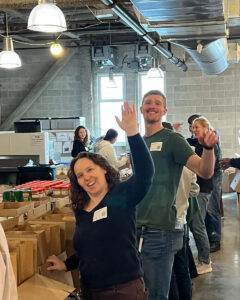
Under the government’s more inclusive Supplemental Poverty Measure (SPM), poverty in the U.S. grew between 2022 and 2023 to include 42.8 million Americans. There is a need across this country for community-level work to help these struggling families, and Returned Peace Corps Volunteers answer that call in significant proportions.
“The big finding was that RPCVs volunteered at a higher rate than any other group of people,” Pyle, the task force lead, said. “The extent of their participation in civic life in this society was far above what we see in the public as a whole.”
With 86% of survey respondents reporting that they continued to volunteer after their service, the authors note that RPCVs are three times more likely to volunteer than the average American.
To put a number on the economic impact of the hours spent by RPCVs in ongoing volunteering efforts, the report’s authors give a conservative estimate of $1 million annually.
A Corps of Essential Workers
Many RPCVs’ third-goal efforts are organized through the 140 affiliate groups recognized by the National Peace Corps Association. These groups are engaged in a wide variety of philanthropic efforts both in the U.S. and abroad, and their unique experience is particularly valuable at the community level.
“The ‘last mile’ of aid is best served by RPCVs,” Congressman Farr said. “The jobs that involve working with your hands to support agricultural programs, or delivering actual health care to people—nobody is as good at that as RPCVs.”
This fact was most recently tested in the domestic deployment of RPCVs to serve as contact tracers during the COVID-19 pandemic. Indeed, they played a vital role in communicating with community members across the U.S. to better track and understand the spread of the disease.
“I am a long-standing admirer of your passion and dedication to a purpose greater than yourselves,” Dr. Anthony Fauci, former director of the National Institute of Allergy and Infectious Diseases and a top advisor to President Trump during the pandemic, said to RPCVs at the time. “I am profoundly grateful for your resilience and your adaptability that has enabled you to transfer your skills and commitment to this urgent need in our country to get the COVID-19 pandemic under control.”
The Power of an Idea
Ultimately, any question about the return on investment of Peace Corps must remember that its Volunteers are volunteers—they are not paid, beyond a modest living expense and readjustment allowance at the end of their service. So the investment itself is modest by design.
“The cheapest employee in the federal government is the Peace Corps Volunteer,” said Congressman Farr. “They get no benefits, draw very low salaries—you’re getting so much bang for your federal dollar.”
This was by design, a vision laid out at the very beginning of Peace Corps by its first director, Sargent Shriver, in 1963.
“The Peace Corps is not only having an impact abroad. It will have an impact here, in our own country. And that is as it should be,” he said. “For to the Volunteers, changing the world means changing New York as well as Africa, Alabama as well as Latin America. And they will return here with the same sense of mission and commitment which took them overseas.”
Greg Emerson is a journalist and digital strategy consultant who served in Morocco and Peru from 2003 to 2005.
Related Articles
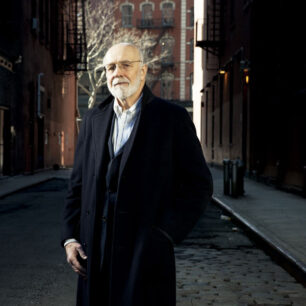
Made in America
Charlie Clifford (Peru 1967–69) is the founder of Tumi Inc., a global travel luggage brand, as well as Roam Luggage.…
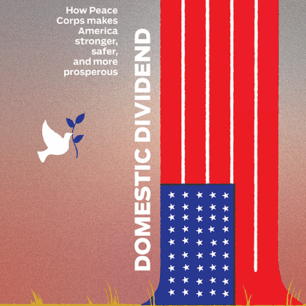
Spring/Summer 2025 Issue
This special issue of WorldView makes the definitive case for how Peace Corps makes America stronger, safer, and more prosperous.
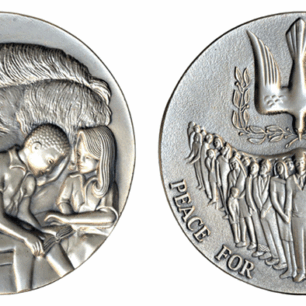
Return on Investment
As federal funding for international aid and cultural exchange programs continues to shrink, policymakers are increasingly asking whether these initiatives…
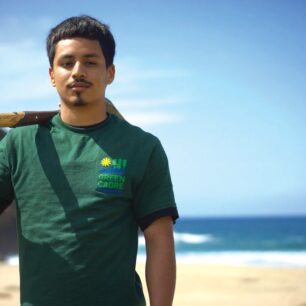
“Bigger Than Peace Corps”
California Service Corps is the largest state-based service program in the U.S. , with more than 10,000 volunteers across the…

